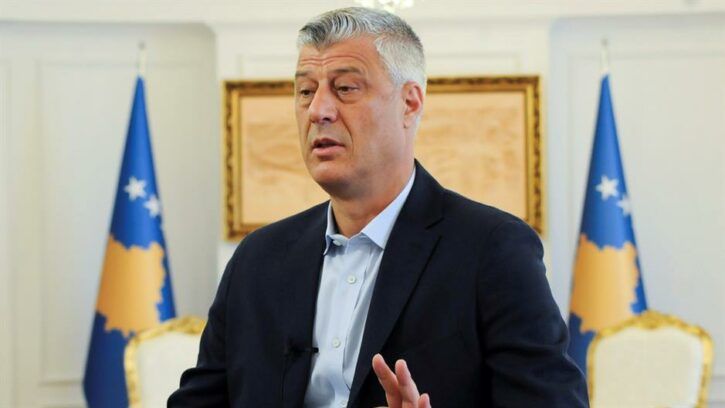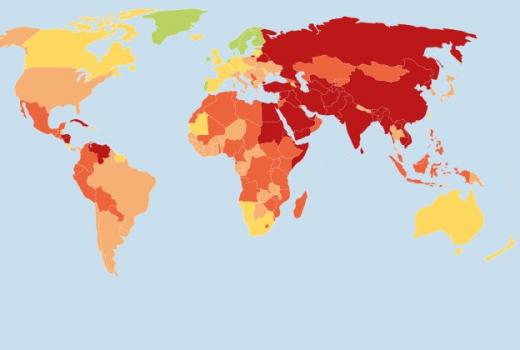
Kosovo's President Hashim Thaci on Thursday said that he would not allow a Community of Serb Municipalities to be formed because, in his opinion that would mean forming a Republika Srpska in Kosovo, Pristina media outlets have reported.
“It's true that previously I agreed on forming a Community of Serb Municipalities. However, circumstances have changed and we cannot allow that in exchange for visa liberalisation,” Thaci said.
He underscored, as carried by the Pristina-based Zeri newspaper, that customs tariffs on goods from Serbia and Bosnia and Herzegovina “have to remain in force.”
Thaci believes that the European Union has turned its back on Pristina because three years have passed since a recommendations for visa liberalisation were made yet member states still have not adopted a decision in that regard.
The formation of a Community of Serb Municipalities was one of the obligations in the agreement on normalising relations with Belgrade signed in April 2013 under the auspices of the EU and Catherine Ashton who was the Union's high representative for foreign affairs and security policy at the time, however authorities in Pristina have not done this as yet.
Serbia highlights this as one of the points of dispute in relations as well as the lack of will by Kosovo authorities to continue the dialogue. The crisis in the negotiations has escalated with Kosovo's unilateral decision to introduce a 100 percent custom tariff on commodities from Serbia and Bosnia and Herzegovina in November last year.
Belgrade has in fact set the abolishing of customs tariff as a categorical condition before returning to the negotiation table, claiming that Pristina is violating the CEFTA agreement with its trade war and the Stabilisation and Association Agreement (SAA) signed with Brussels.
On the other hand, Pristina is trying to get the promised visa liberalisation as a precondition to show some good will toward abolishing or suspending customs tariffs, which it has already been asked to do by the EU and USA.




